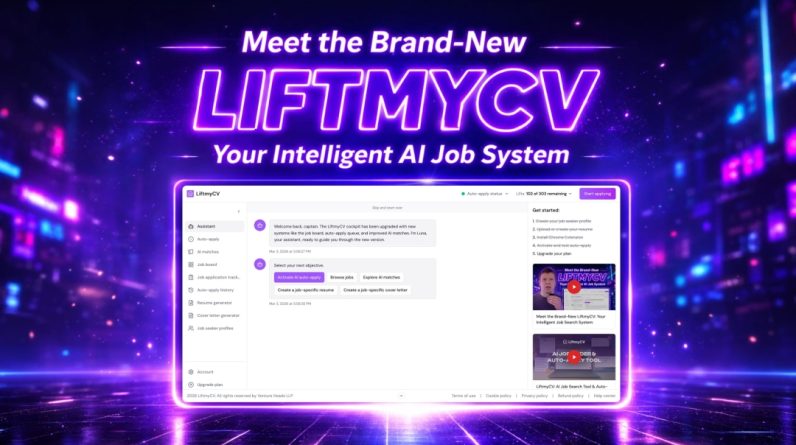
Anyone in the accounting profession with a whit of human intelligence knows by now that artificial intelligence will transform the industry over the next few years. This might be the most important way: It’s going to de-value commoditized “bean counting” functions and accelerate the need for firms to position themselves firmly as deep-rooted expert advisors.
Firms that do will prosper. Firms that don’t will wither.
Experts and observers are wringing their hands over AI’s threat of taking jobs away from humans and certainly in accounting that will be the case. The sort of rote aspects of accountants’ jobs to do things like 1040 tax filing and budget balancing are ideal tasks to automate AI.
Speaking bluntly, multiple aspects of human accounting jobs will become obsolete. AI will enable much of the work of entry level and early career accountants to be replaced by AI powered tools already available to firms of all sizes.
A great deal of compliance work accounting firms provide to small and middle market companies no longer will require the time and attention of staff accountants or licensed CPAs once AI is employed to accomplish most of these tasks.
Both accounting firms and the businesses they serve will grab onto the automation wave or die, especially in this era when accounting as a whole is under immense financial and workforce pressures.
After several years of growth, the industry is now in a powerful market trend where consolidating and contracting transactions are strong, leaving few firms untouched. Members of the Big Four are instituting hiring freezes and reductions, while other firms like Grant Thorton lay off major swaths of their workforces, possibly as a consequence of their M&A activities.
Indeed, the mass introduction of PE money into the accounting field is catalyzing a transformation towards AI, as it becomes more important for these firms to be able to show their PE ownership, strong revenue and profit growth.
The firms that have relied on undercutting competitors on price as their primary growth strategy can only sustain that for so long. Instead, more of these firms are looking to cut back on their lower-level folks, the young generalists who move from project to project, doing the work that can most easily be completed with AI technology.
But this is where AI becomes an advantage for small firms, and where the trend of specialization becomes all the more vital for firms that want to build a competitive edge. The ability of a capable AI task engine eliminates the size advantage larger firms have long enjoyed by giving smaller firms the ability to do more with less.
If anything the smaller firms are going to actually gain the advantage in this new era, less encumbered by the serious overhead that drags down profit margins.
By leveraging AI to manage some of the more rote tasks, smaller firms can become “blowfish,” puffing themselves up to appear larger, as they focus more of their partners’ time on generating new business.
By the same token, smaller firms that use generative AI to outsource some of the marketing responsibilities can cut into the marketing strategy that has long been monopolized by large firms — reducing the lift of generating the sort of expert reports and industry analyses that larger firms have the ability to dedicate teams of researchers and marketers to do.
Big Four firms like Deloitte have historically had the luxury of being able to pay many thousands of dollars to retired, well-known industry “experts” whose authorship or endorsement of a report can imbue the firm with an air of expertise. But with AI as both a content engine and deep-dive research generator, the value of a ponderous white paper authored by a real industry guru can only diminish.
By using AI to handle not only some of this back-office work, like marketing, but also the grunt work of accounting, the smaller firms are going to have the ability to generate higher profit margins. But to capitalize on this advantage, smaller firms will need to develop specific and deep industry and technical specialties that allow them to add value that generalists can’t.
It’s also ironic that in the age of AI, the human connection is going to become all the more important. Accounting partners that can connect and sell to industry leaders will become all the more valuable for firms — and that connection isn’t going to flow from high-level, general business knowledge. Trust comes from repeatedly showing deep and exclusive expertise when a client needs it — and those clients are going to demand their advisors bring nuanced experience and industry-based knowledge that AI just can’t.
The AI transformation will be a double-edged sword; with the loss of generalist positions, not only will there be a more immediate human cost, but younger accountants are going to have to find a new way to train and specialize to become attractive hires for these firms. The general business model for how accountants rise in the ranks and specialize will have to adapt along with the industry.
AI is going to fundamentally reshape the accounting landscape by automating routine tasks and commoditizing traditional deliverables. While generalists are going to struggle in this new era, the smart smaller firms and the specialists will rise. By focusing on specific sectors for their services, accountants can develop the nuanced expertise necessary to offer sophisticated business advice that AI alone cannot replicate.








